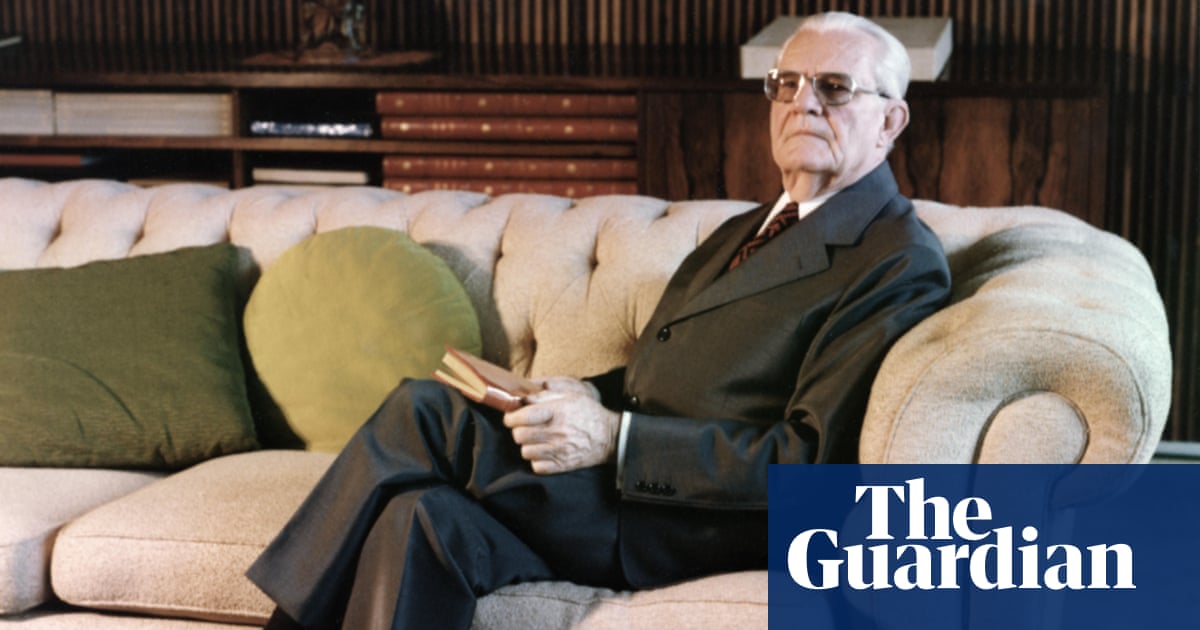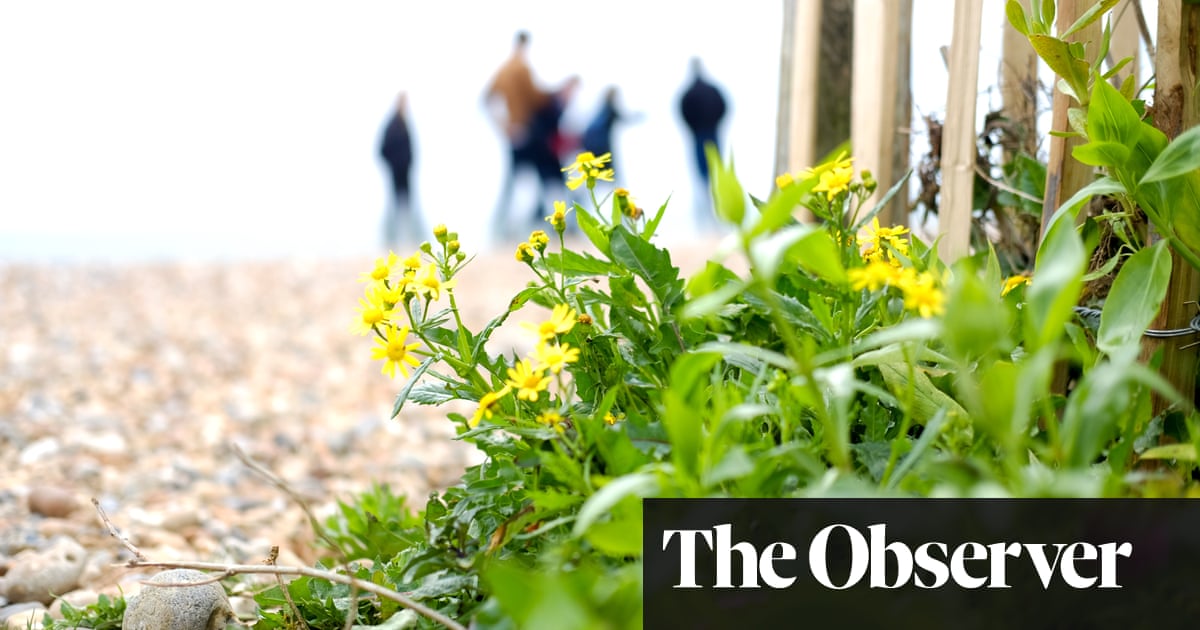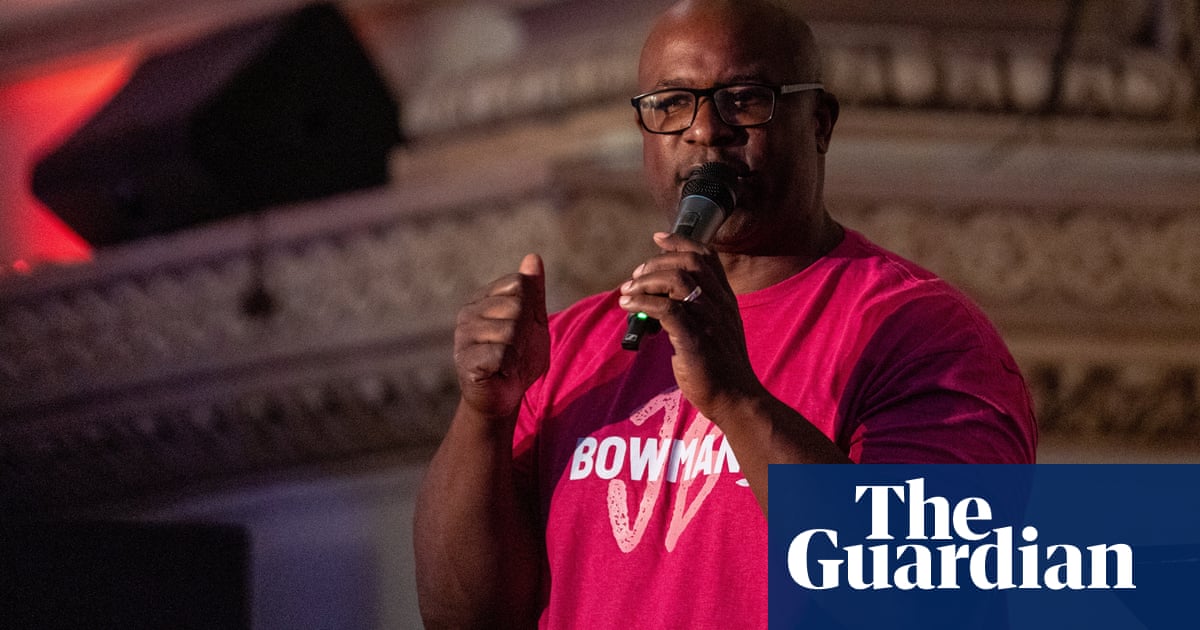Dominga Menezes was only 12 years old when she danced for a dictator.
It was 25 July 1974, and São Leopoldo, a medium-sized city in Brazilâs southernmost state, Rio Grande do Sul, was celebrating both the anniversary of its founding and 150 years of German immigration to Brazil.
Then leader of Brazilâs military dictatorship, Gen Ernesto Geisel was himself of German descent, and was guest of honour at the ceremony next to the Sinos River, where the first German immigrants had arrived in 1824.
One hundred and twenty girls danced onstage, each wearing a leotard with one of the three colours of the state flag.
âThe whitest girls were wearing green; the Black girls, red; and the light-brown-skinned were in yellow,â said Menezes, now 62. âIt was much later that I realised the teachers had put me in yellow because Iâm of Indigenous descent.â
She does not know why each race was associated with each colour. But she remembers that, in school, the students with more âGermanâ physical characteristics â fair skin, blue eyes and blonde hair â were the ones praised by the teachers.
âEvery year at school, in July, there was a lot of talk about German immigration. But they never raised the question of who else was here: the Indigenous people and the Black people,â said Menezes.
This year, as São Leopoldo celebrates its 200th anniversary and the bicentenary of German immigration, things were supposed to have gone differently: diversity was a central theme of a string of events planned by the city hall.
But those plans were thrown into disarray by the unprecedented flooding that devastated Rio Grande do Sul.
Although São Leopoldo was not wiped out by the disaster â as was the case with others, such as Eldorado do Sul â parts of it spent almost a month under the muddy water.
Nine people died, and 100,000 of its 217,000 residents had to leave their homes.
When water finally receded in late May, the city was left to face the aftermath.
âThe biggest problem now is psychological. Families have lost the school as a reference point, the health clinic, and their church. Theyâve lost everything,â said the city mayor, Ary Vanazzi, 64.
His house spent more than 20 days submerged; everything inside of it was lost.
At Visconde de São Leopoldo Historical Museum, about 10% of the 10,000 artefacts in its collection, all of them related to German immigration, went underwater.
The most affected piece was a 120-year-old Schiedmayer grand piano. The keys are covered in mould, what is left of the strings are rusted, and pieces of what used to be the soundboard are warped.
Museum staff are hoping to reopen in time for 25 July, when the bicentenary is celebrated, said historian Rodrigo Luiz dos Santos, 39. âEven if itâs with a smaller exhibition ⦠From the perspective of culture, of the cityâs memory, we think itâs important to have this moment,â he said.
Speaking at the G7 summit in Italy, Brazilâs president Luiz Inácio Lula da Silva said that he invited representatives of the German government to attend a bicentennial âcelebration partyâ in São Leopoldo.
But, according to the mayor, there will be only a symbolic celebration.
âThereâs no mood for anything like that ⦠Weâll celebrate it in a different way, perhaps with more solidarity,â said Vanazzi.
Inside the museum, a dirty brown line 1.5 metre from the floor shows the high water mark, and dos Santos suggested that one of the walls would be left without repainting as a reminder of the floods.
âThe same river that brought the immigrants was the one that 200 years later took over the city,â he said.
About 40 Germans were in the first wave of immigrants who came to the region in 1824.
Other people from the then German Confederation had previously reached Brazil, but from that moment German migration became continuous, later spreading to other regions of the state.
Its cultural impact can still be felt in regional culture, for example in its most traditional cake, the cuca, a version of the German streuselkuchen.
German migration was encouraged by newly independent Brazil, which wanted to expand its occupation of the territory. But the promotion of European immigration was also linked to the idea of âwhitening the Brazilian populationâ, said dos Santos.
âThere is no street in São Leopoldo named after a Black or Indigenous person,â said Dominga Menezes, who still lives in São Leopoldo and, now a journalist, recently published a book about how the focus on German migration has silenced Black and Indigenous stories in the region.
She and her husband, fellow journalist Gilson Camargo, 61, describe countless conflicts between the Germans and the Indigenous communities who inhabited the region and were practically wiped out.
They also highlight something that is still controversial in some parts of the state: the fact that many of the immigrants were slave owners.
The book was launched in the cityâs public library only a week before the floods.
âDespite all the sadness, I think we need to learn a lesson from this,â said Menezes, who drew a parallel between the cityâs reckoning with its past and its response to the recent disaster.
âWhen the floods started, people said it wasnât the time to find who was responsible â but that was a way of not facing up to the problems.
âPeople must know what happened was an environmental tragedy, but it was also caused by humans ⦠We cannot deny history once again,â said Menezes.









